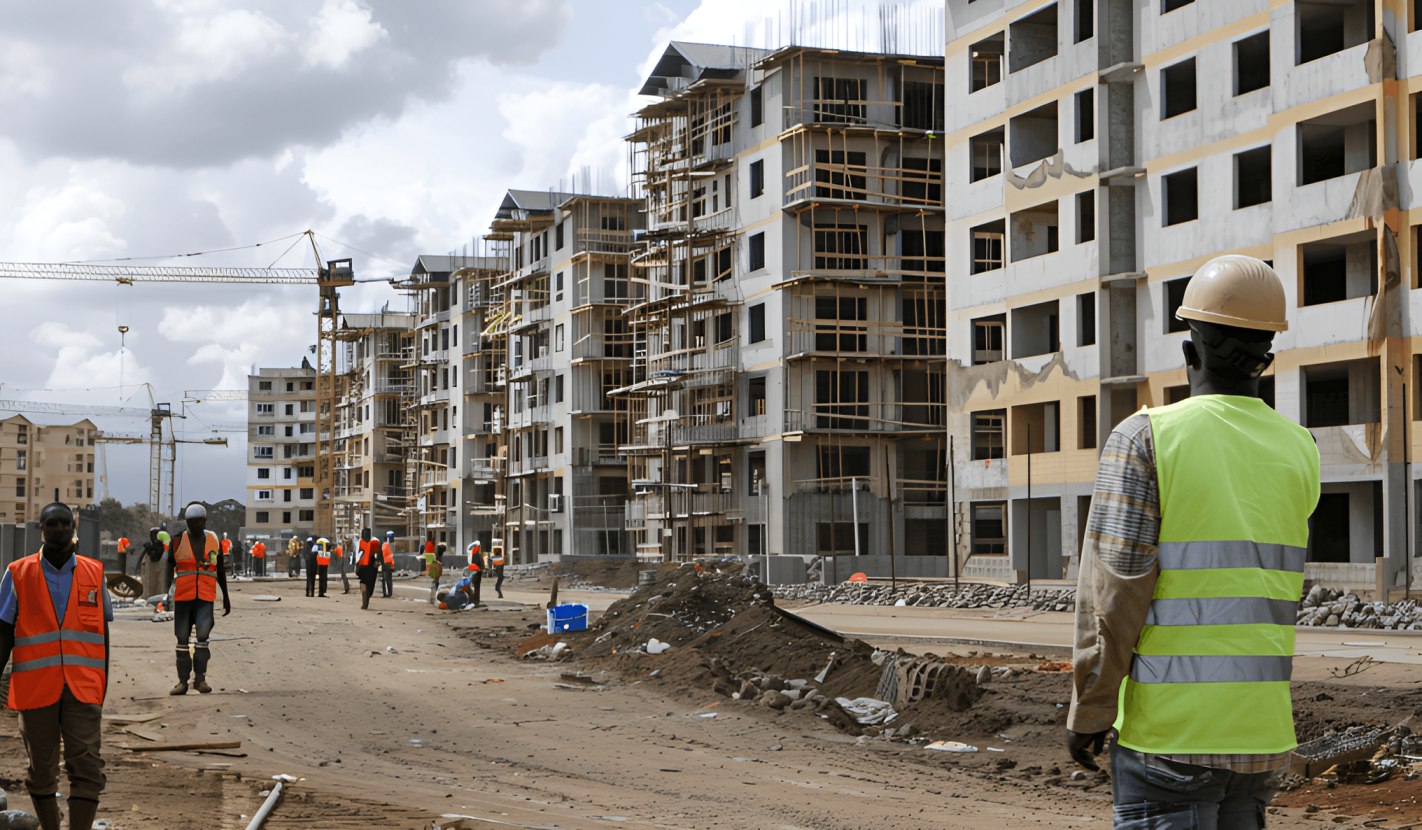Feasibility funds hit Sh2.8bn amid housing plan doubts

This funding is part of a larger Sh119.6 billion budget allocated to the State Department for Housing and Urban Development.
The government has earmarked Sh2.8 billion in the 2025-26 financial year to fund research and feasibility studies for its ambitious affordable housing project, despite rising doubts over the initiative’s success.
This funding is part of a larger Sh119.6 billion budget allocated to the State Department for Housing and Urban Development, marking a Sh1 billion increase from the previous year’s budget.
However, concerns are mounting over the viability of the project, with questions about the ownership of land and the slow uptake of housing units by the public.
The allocation for research and feasibility studies highlights the government's continued investment in the project, which has seen a steady increase in budget over the years.
However, critics argue that the ever-growing budget may not be justified, especially given the significant challenges facing other critical sectors like education, healthcare, and security.
Kitutu Chache South MP Anthony Kibagendi questioned the rationale behind the rising budget for the housing project, suggesting that funds might be better allocated to areas with more pressing needs.
"It is not normal how the State department’s budget has steadily increased given the pressing needs in critical expenditures like disbursement of capitation amounts to public learning institutions, provision of affordable healthcare, enhancement of security in the country," Kibagendi said.
Despite President William Ruto's pledge to deliver 250,000 affordable housing units annually, progress has been slow. As of December 2024, only 124,000 units have been completed or are under construction across 37 counties.
In the face of these delays, the government had hoped to register nearly 600,000 homeowners on its Bomayangu platform in the next financial year, but the actual number of Kenyans saving toward homeownership remains low.
Out of over 547,000 registered users, only 52,000 have collectively saved more than Sh2.3 billion, far below expectations.
The project is primarily funded by a 1.5% deduction from the salaries of Kenyan workers, with matching contributions from their employers.
This system has raised Sh88.7 billion for the housing project, but concerns have surfaced regarding the lack of proper documentation for land ownership.
Auditor-General Nancy Gathungu highlighted that without original land titles for the construction sites, the process of issuing housing titles upon completion could be severely delayed or even impossible.
"In the circumstances, it could not be confirmed how the sectional titles would be processed without the original land ownership documents, and this could hinder the affordable houses for the public," Gathungu said.
In addition to concerns about land ownership, the government faces difficulties in increasing public participation in the program.
The affordable housing initiative has faced a slow uptake by Kenyans, with many questioning the affordability and accessibility of the homes.
